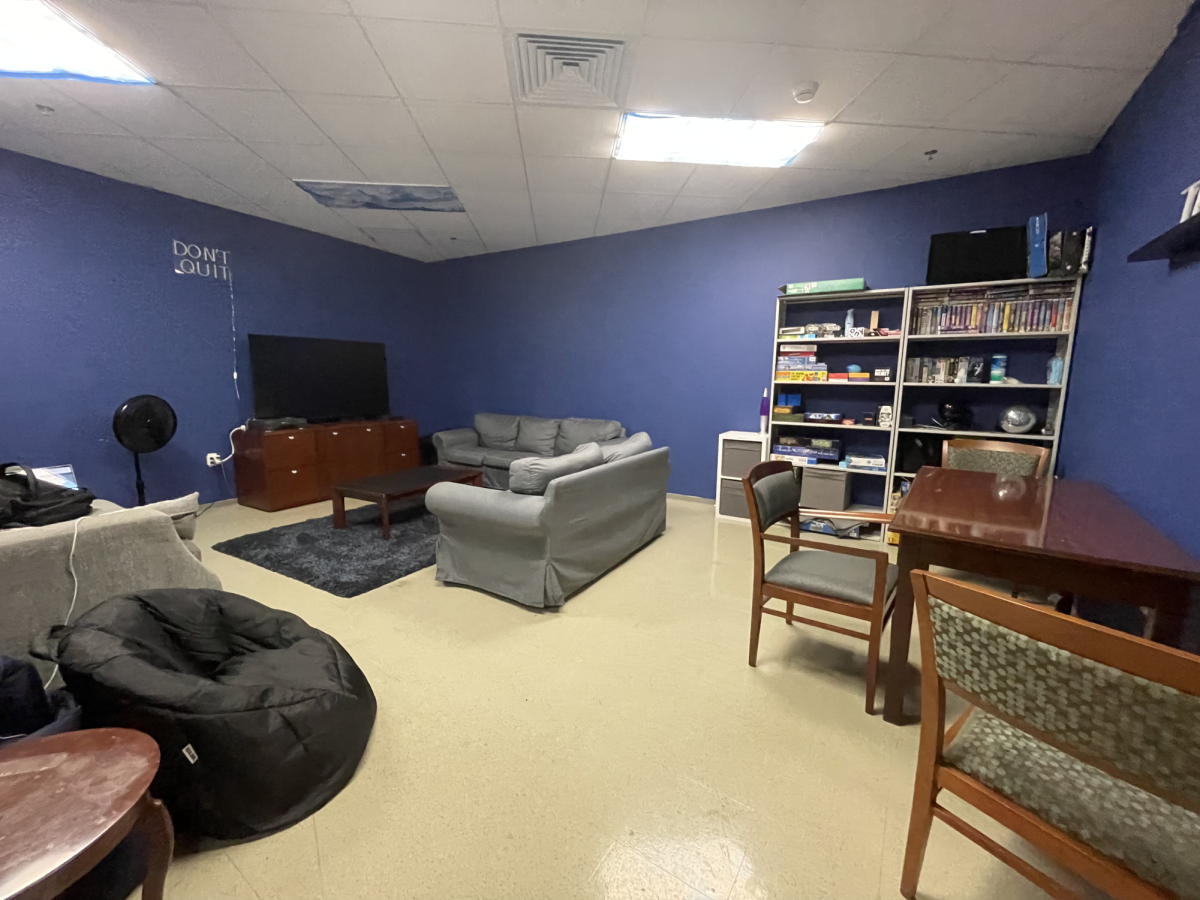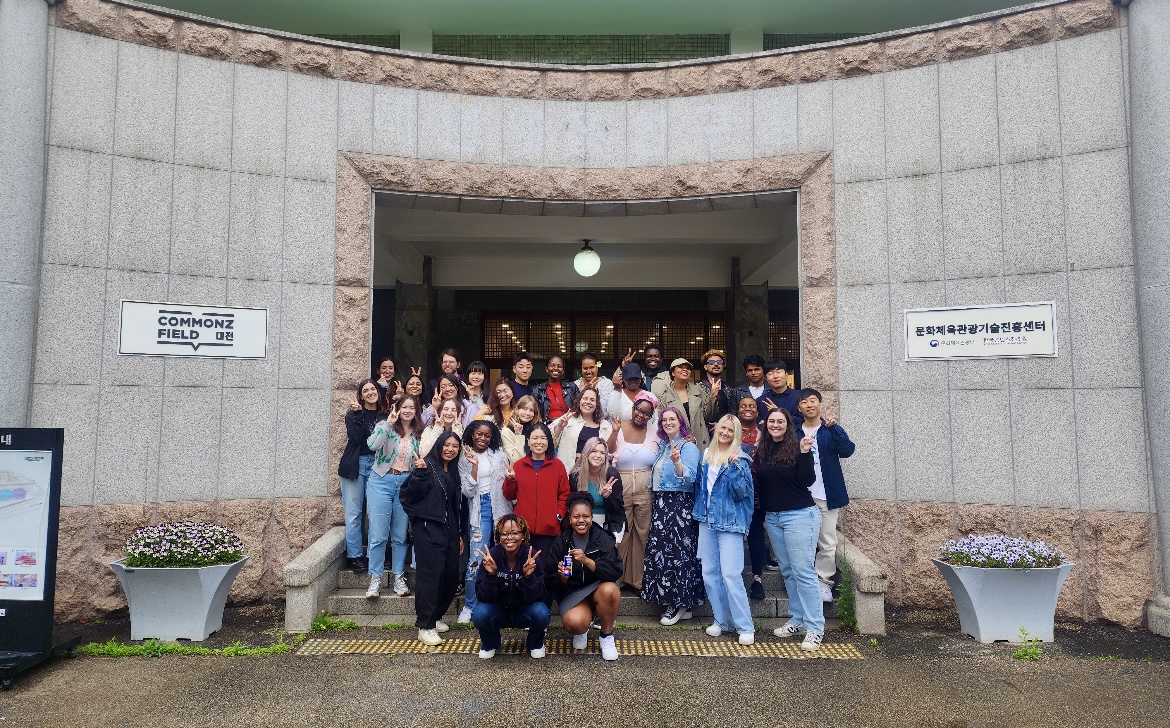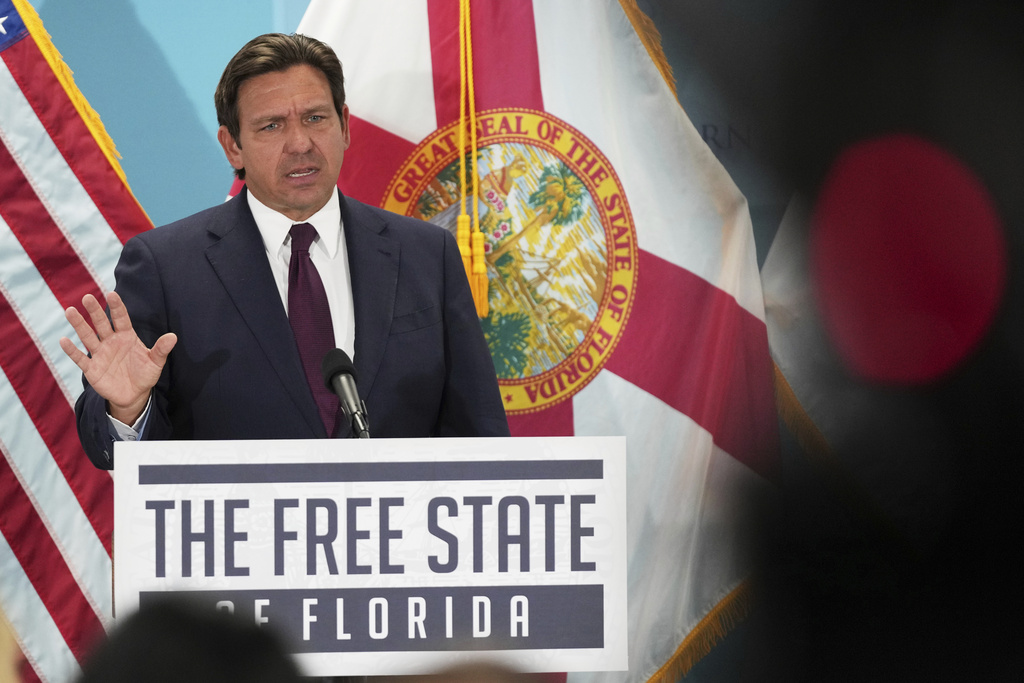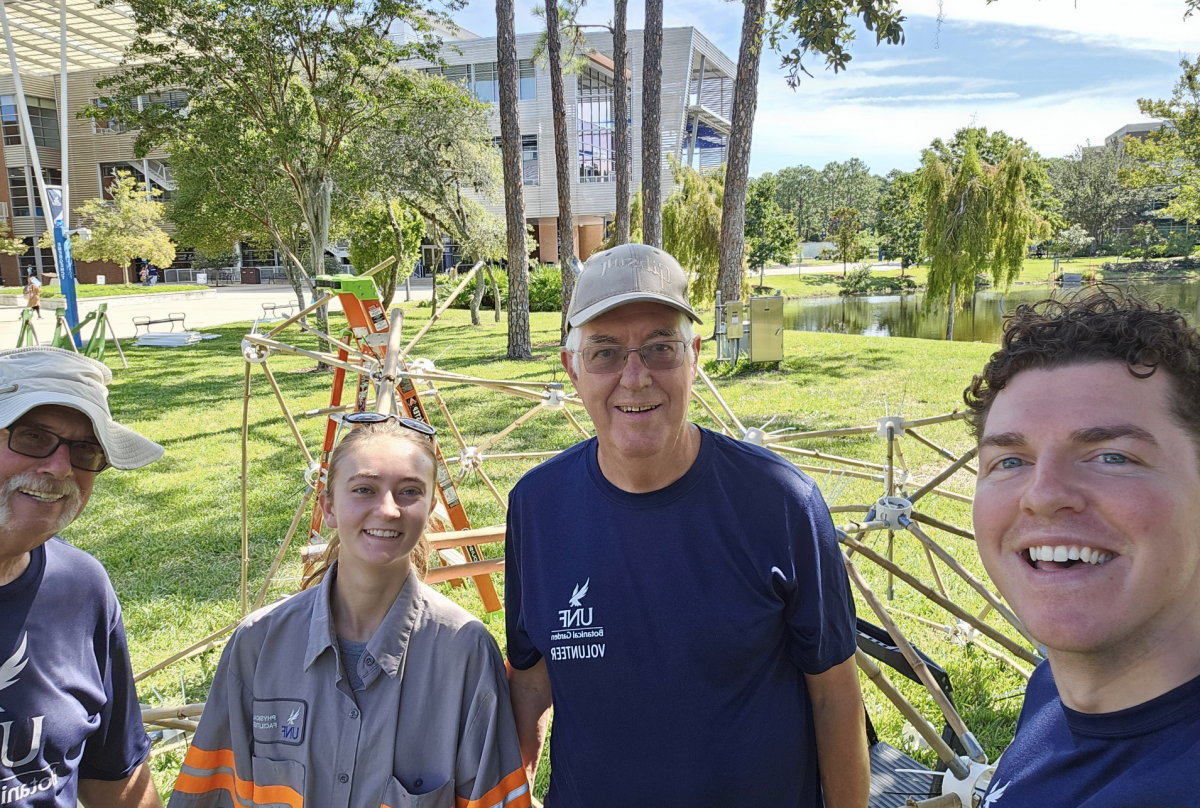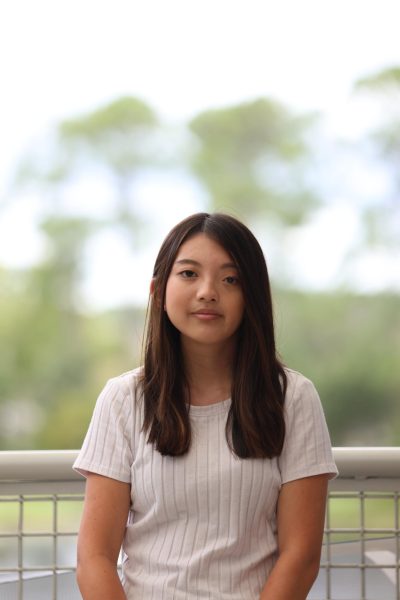The University of North Florida’s Student Accessibility Center is an inclusive space that provides supportive services for undergraduate and graduate students with disabilities.
The SAC, which is located in UNF’s Tom and Betty Petway Hall, currently serves over 1,300 students. Registration with the center is free of charge, confidential and voluntary.
SAC’s mission is to ensure that all students with disabilities have equal access to educational opportunities at UNF. It strives to promote students’ success and retention in their postsecondary educational pursuits.
The SAC partners with every other entity on campus to ensure that students with disabilities are fully supported.
Although there are no registration deadlines to apply to SAC services, it is recommended that students register upon admission to UNF or as soon as possible so that any documentation can be approved and the student can receive services immediately.
Once a student is registered with the SAC, they will not have to re-register for as long as they are at UNF. However, the student must provide accommodation letters to professors each semester since the student’s needs may change depending on the class or professor.
The registration process can take up to a week, depending on the time of year.
The SAC serves all students with documented disabilities including, but not limited to: learning disabilities, ADHD/ADD, medical disabilities, blindness or low vision, deaf or hard of hearing, speech disabilities and Autism/Asperger’s.
For students with mental or physical health disorders, documentation of the condition is necessary and will help the SAC identify how to best support the student.
Postsecondary accommodations differ from high school accommodations. For example, it is the student’s responsibility to communicate with staff. Student information is also only disclosed to those with signed permission from the student.
The specific accommodations that a student can receive are need-based and may include: extended time on tests, note-takers and sign language interpreters.
Some of the SAC services include The THRIVE Program, ACCESS Academy, peer support groups and scholarship opportunities. A full list of services is provided on the SAC’s website.
The Transition to Healthiness, Resourcefulness, Independence, Vocation, and Education Program serves degree-seeking students with autism spectrum disorders.
Students have the opportunity to develop connections with like-minded students in the program and through social events hosted by THRIVE staff.
The primary skills THRIVE focuses on are social, independent living, career development and executive functioning skills. A weekly class is held for students to learn and apply these skills.
The THRIVE Coordinator facilitates a weekly discussion-based meeting for students to discuss special topics, such as appropriate relationship boundaries.
THRIVE Coordinator and graduate student Amber Hood, said she enjoys working with THRIVE because she gets to “see students succeed.”
Junior and English major Valentina Cordovez, shared her experience with THRIVE.
“My favorite part about THRIVE is the people that I’ve met. Amber and my former mentors have been really helpful and supportive,” Cordovez said.
Since its foundation in 2012, THRIVE has been solely funded by donations.
THRIVE admits students to the program during the summer and before the beginning of the fall semester. Students who apply after the deadline will have their applications deferred to the next admission cycle.
The THRIVE Living-Learning Community (LLC) is for students part of the THRIVE program or serving as allies and mentors to THRIVE students. It provides an additional level of support through a shared living experience. The LLC is located in the UNF Osprey Fountains residence hall.
ACCESS Academy allows SAC students to participate in one-hour-long “Boost” sessions to practice various skills. Students are paid $100 when they complete a session.
SAC Director Dr. Russell Dubberly recommends that students who are considering registering for SAC services check their email and advocate for themselves.
“As a student, if you see that something’s not going right with your accommodations, don’t wait until the term is almost over,” he said.
Self-advocacy is a skill that is also taught in ACCESS Academy, THRIVE, and the USoar Program.
Dubberly discussed a new partnership the SAC is working with: the Student Success Advocacy Department. He explained that with the help of this department, the SAC can reach out to students who are struggling academically and provide extra support so they do not fall behind.
Another new initiative the SAC is working on is exploring career certifications for SAC students to earn industrial credentials.
“We’re targeting a major population of students who don’t necessarily have the same employment experiences as those without disabilities,” said SAC Associate Director and THRIVE Director Dr. Tara Frazier.
The Circle, located in Tom and Betty Petway Hall, provides a shared general location for those in the THRIVE and USoar Programs. It serves as an area where SAC students can go and where SAC program meetings take place.
Physical safe spaces in the SAC also provide students who are having a rough day with somewhere to go. UNF students who are not part of the SAC can also utilize these community spaces, which at the same time, provides an opportunity for SAC students to interact with other students.
“Having safe places on campus is something that we’ve been really intentional about and seeking them out,” Frazier said.
The SAC is open to implementing more safe spaces around campus but has come across limitations.
“It would be awesome if we could, but I know that space is a hot commodity on campus,” Frazier said.
___
For more information or news tips, or if you see an error in this story or have any compliments or concerns, contact editor@unfspinnaker.com.




